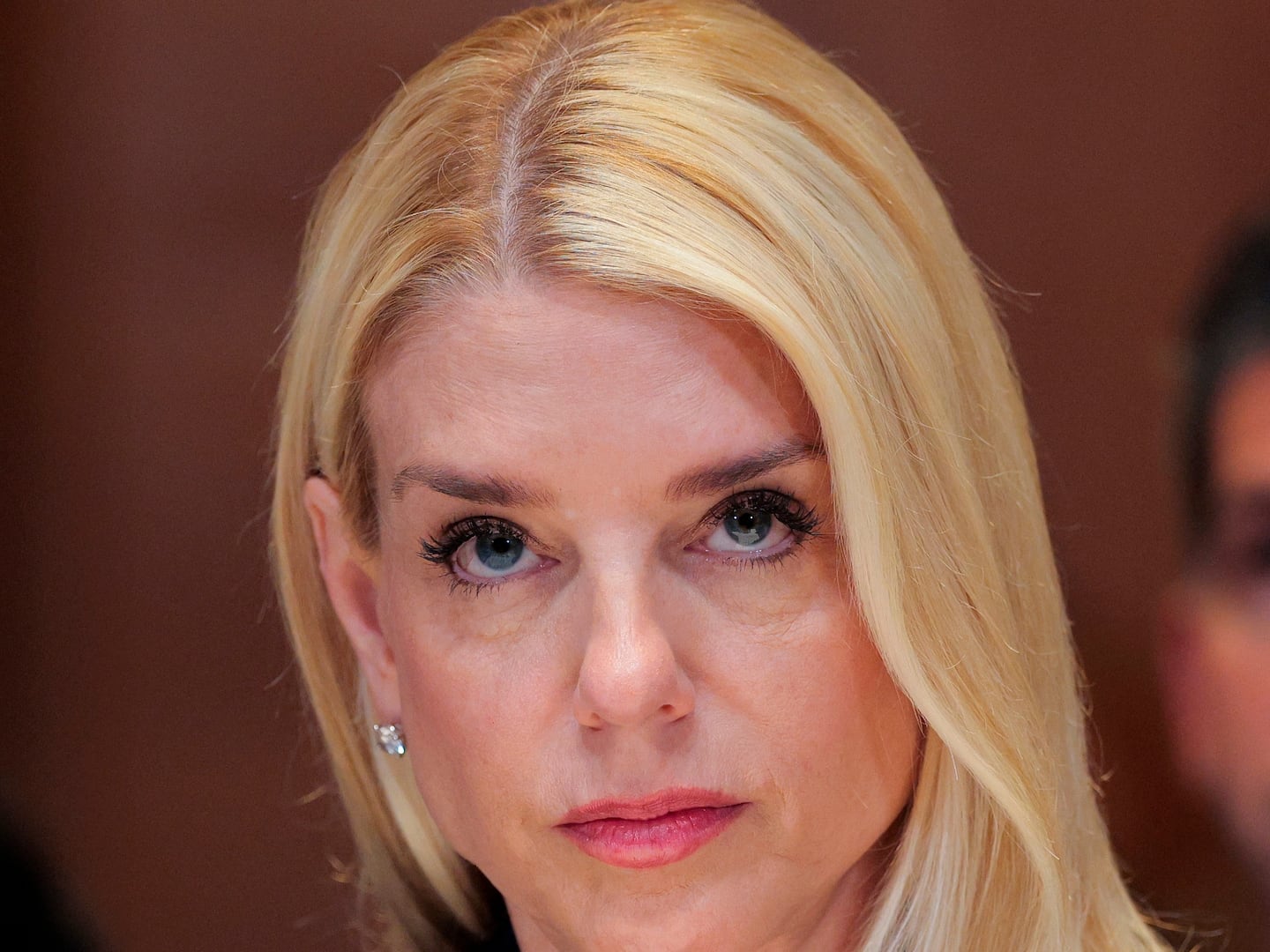New York City Pastor Tim Keller has observed that preachers are typically good at either indignation or compassion—but rarely both. The same holds true of politicians. The former inspires today’s GOP base, while the latter has the potential to bring in converts. Only the rare politicians—the Ronald Reagans and Bill Clintons—effectively tap into both temperaments—depending on the circumstances. (But it’s actually counterproductive to use Reagan and Clinton as models. As George Costanza put it: “It’s like saying to Pavorotti, ‘Teach me to sing like you.’”)
Candidates like Ted Cruz are good at righteous indignation. There are legitimate reasons why many conservative Americans are demoralized, and he gives voice to their frustration better than anyone. But this is a much better primary strategy than a general election strategy. Echoing the concerns of primary voters is probably easier than challenging them to change, even if change is in order. Meanwhile, Rand Paul accepts the notion that the GOP needs to change, but suggests that libertarianism is the bridge. To me, this feels like a somewhat abstract theory based on convenience more than sound strategy—We need this because that’s what I’m selling.
The third option is for compassion, which inherently encompasses other attributes like inspiration and optimism. Other candidates, of course, try to tap into this. Jeb Bush’s message probably comes the closest—though he lacks the youthful charisma and American Dream story to embody this narrative. Marco Rubio—more than anyone else—symbolizes this optimistic brand of conservatism.
I’m not naïve; nobody should expect that, by virtue of Rubio’s possible status as the first Hispanic president, he would win the majority of Hispanic votes, or automatically solve the GOP’s demographic challenges over night. Hispanics aren’t monolithic, and Rubio’s Cuban background is less an advantage than some might understand. Change won’t happen overnight, but imagine the impact of a president who can speak fluent Spanish making coherent and eloquent arguments on Spanish language TV over the course of four or eight years.
But even putting aside the demographic challenges facing the GOP, Barack Obama (and Deval Patrick) were on to something with the line: “Don’t tell me words don’t matter.” One of the primary roles of a president and a politician is to use the force of words to change things. Rhetoric matters. It inspires and teaches. And this is no small thing. A maxim attributed to Margaret Thatcher says this: “First you win the argument, then you win the vote.” Republicans have won a lot of votes in the last 30 years, but they haven’t won many arguments since Reagan left the White House. They haven’t taught the American public why conservatism is the best for them.
Marco Rubio stands alone as the candidate best prepared to articulate a conservative message in a way that will inspire and actually teach people who aren’t already conservative that conservatism is the best philosophy to help them achieve the American Dream—that there is, as Arthur Brooks has famously argued, a moral case for capitalism.
As a cosmopolitan conservative, Rubio also has the potential to appeal to people—urbanites, Millennials, etc.—who might not even know they have deep-seated conservative instincts. These people reflexively reject conservatism because they don’t think of it as a philosophy, but rather as a manifestation of cultural signaling. They can’t imagine belonging to a Southern party that looks and sounds like, say, George W. Bush.
But why should the guy who manages his own stock portfolio on his iPhone, orders baseball tickets on StubHub, and then hops in an Uber, support a liberal political philosophy that wants to manage his retirement funds for him, and generally supports the kinds of onerous regulations that make it harder for young entrepreneurs to change the world? Rand Paul has gotten a lot of mileage out of his outreach efforts to the tech community, but I would suggest that it is someone more stylistically like Rubio who can sell this message. And he’s already using Uber to make these very points to college students.
Ultimately, Rubio is unparalleled in terms of his ability to eloquently articulate conservative philosophy. And putting aside the obvious fact that any nominee must be qualified to govern (and I think he clearly passes that test) one could certainly argue that there is nothing more important that Republicans should be looking for in a nominee. I’ve been in the room when Rubio speaks—even a cynical scribbler who’s heard a million speeches feels the hairs on the back of his neck stand up. He gave the best pro-life speech I’ve ever heard at the Susan B. Anthony dinner a few years back. And just this March in Palm Beach, he talked about how he comes from “extraordinary privilege” in a way that would make people who would never consider themselves social conservatives rethink some of their basic assumptions about the role and responsibility of government.
Marco Rubio has the chance to be a once-in-a-generation kind of politician who challenges Americans to think differently about conservatism, and potentially reorders the political universe. The question is, do Republican primary voters see this—or are they too angry to even care?
Editor’s note: Matt Lewis’s wife previously consulted for Ted Cruz’s Senate campaign, and currently consults for RickPAC, the leadership PAC affiliated with Rick Perry.





